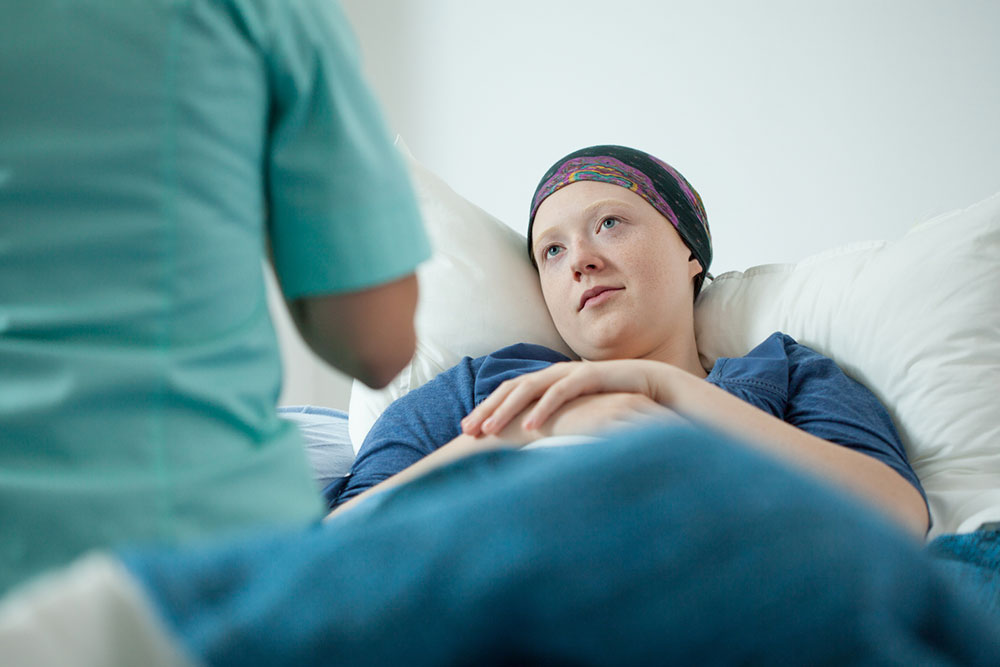Benefits of Participating in Skin Cancer Clinical Trials
Participating in skin cancer clinical trials offers patients early access to new treatments, often at no cost, with expert medical support. These trials are vital for advancing therapies, especially for advanced stages of the disease, and provide a potential pathway toward better management or cures. Patients retain the right to withdraw anytime, and the benefits include close monitoring and expenses reimbursement. Engaging in such trials can be a crucial step toward improving outcomes in skin cancer treatment.

Benefits of Participating in Skin Cancer Clinical Trials
Despite ongoing research in genetics, biomedical engineering, dermatology, and oncology, treatment options for skin cancer remain limited. Clinical trials play a crucial role in discovering new therapies, especially for advanced stages of the disease. These trials are essential for testing new drugs, vaccines, or combination therapies aimed at reducing symptoms and improving patient outcomes. Before approval, all new treatments undergo rigorous testing in clinical trials with volunteer participants who are monitored closely.
Such trials help medical professionals evaluate the safety and effectiveness of innovative treatments compared to current options. Patients participate hoping for access to advanced therapies that can better manage their symptoms or potentially lead to cures, while doctors seek improved solutions for patient care.
Participants in skin cancer clinical trials often enjoy several advantages. These include early access to promising new medications not yet widely available. Volunteers receive these treatments at no cost and may also be reimbursed for travel expenses. Additionally, they benefit from consistent medical supervision, physical examinations, and expert guidance throughout the trial. Importantly, participants retain the right to withdraw at any time.
Many clinical trials target patients with stage III or IV skin cancer. While the risks of experimental treatments can be significant, the choice often lies between facing a life-threatening illness or trying the latest therapies that may improve survival or quality of life.
Note: Our website provides valuable information across various topics based on thorough research. However, it's advised that readers do not consider these articles as definitive. We disclaim responsibility for discrepancies or inaccuracies and acknowledge that some schemes or benefits might not be covered here.










